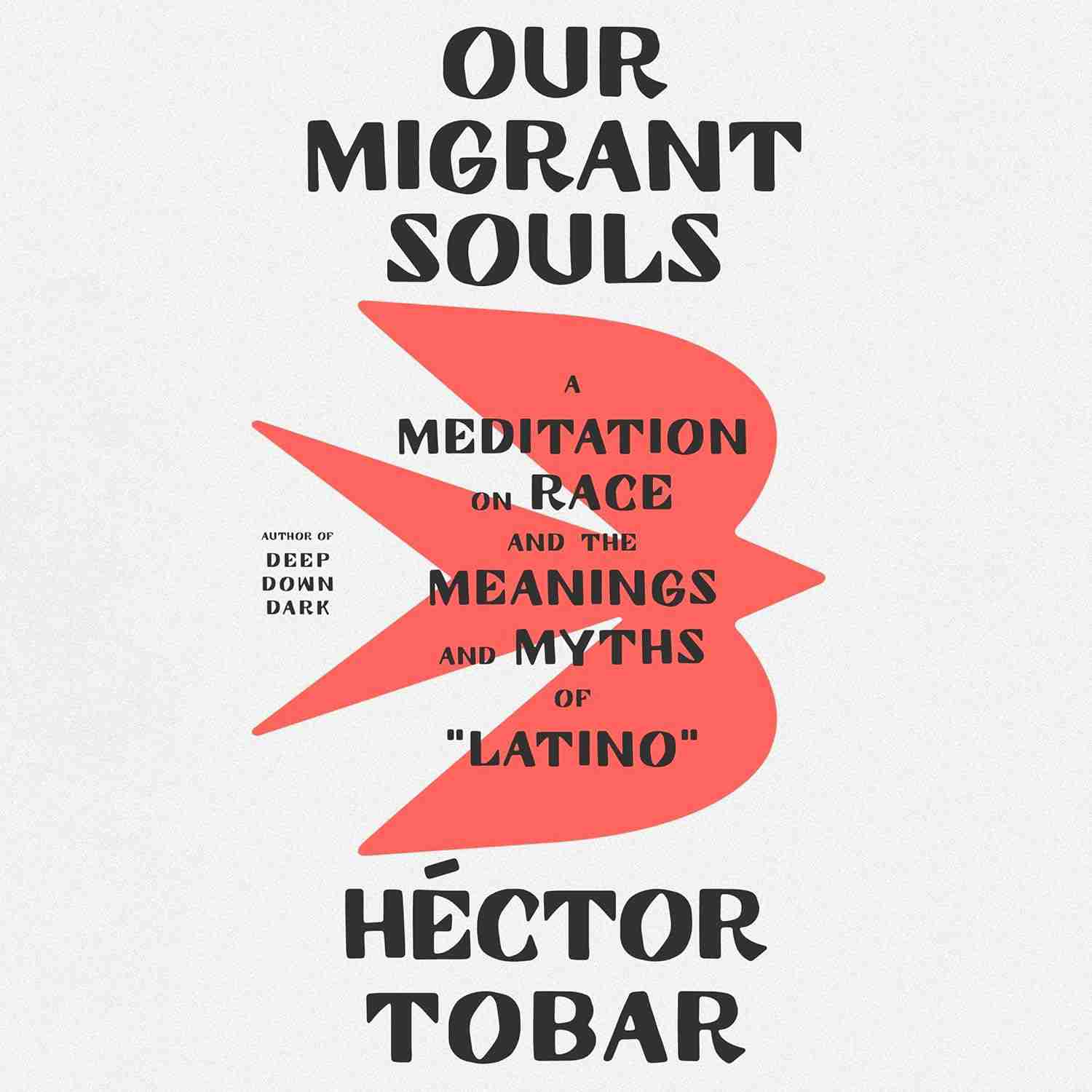
I picked up 'Our Migrant Souls' after months of hesitation—partly because I feared it might be another dense academic text. But Tobar’s writing surprised me. It reads like a late-night conversation with a wise friend, one who’s unafraid to dissect the messy contradictions of identity.
The chapter where he traces his Guatemalan father’s migration through U.S. labor camps hit hardest. I found myself pausing to stare at my own hands, thinking about whose labor built the neighborhood coffee shop where I was reading. Tobar doesn’t just describe history; he makes you feel its weight in your bones.
What shocked me most was the accessibility. Despite tackling heavy themes—colonialism, systemic erasure—the prose flows with novelistic grace. The large font (a relief for my tired eyes) and personal anecdotes create intimacy. I caught myself nodding along during his analysis of 'Latino' as a marketing category, remembering how my abuela scoffs at canned 'authentic' salsa in grocery stores.
This isn’t just for Latinx readers. My white partner stole my copy halfway through, then stayed up until 3AM underlining passages about privilege. That’s Tobar’s magic—he crafts universal questions from specific experiences, like why we cling to boxes labeled 'race' when they never quite fit.
A warning: Keep tissues handy. The dedication page alone—addressed to students 'whose ancestors whisper in your bones'—made me weep on the subway. Not since Gloria Anzaldúa has a book made me feel so seen while expanding my vision.

